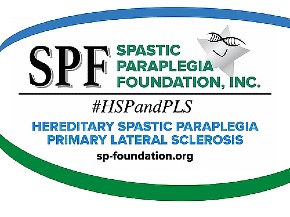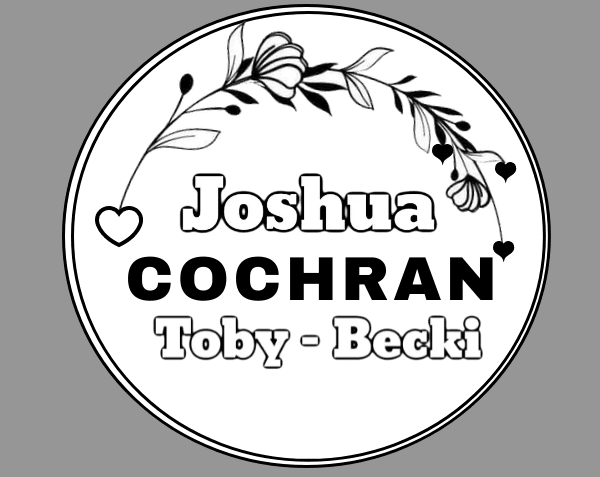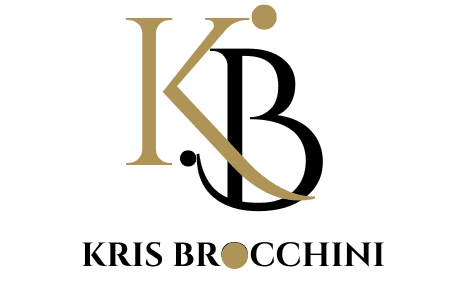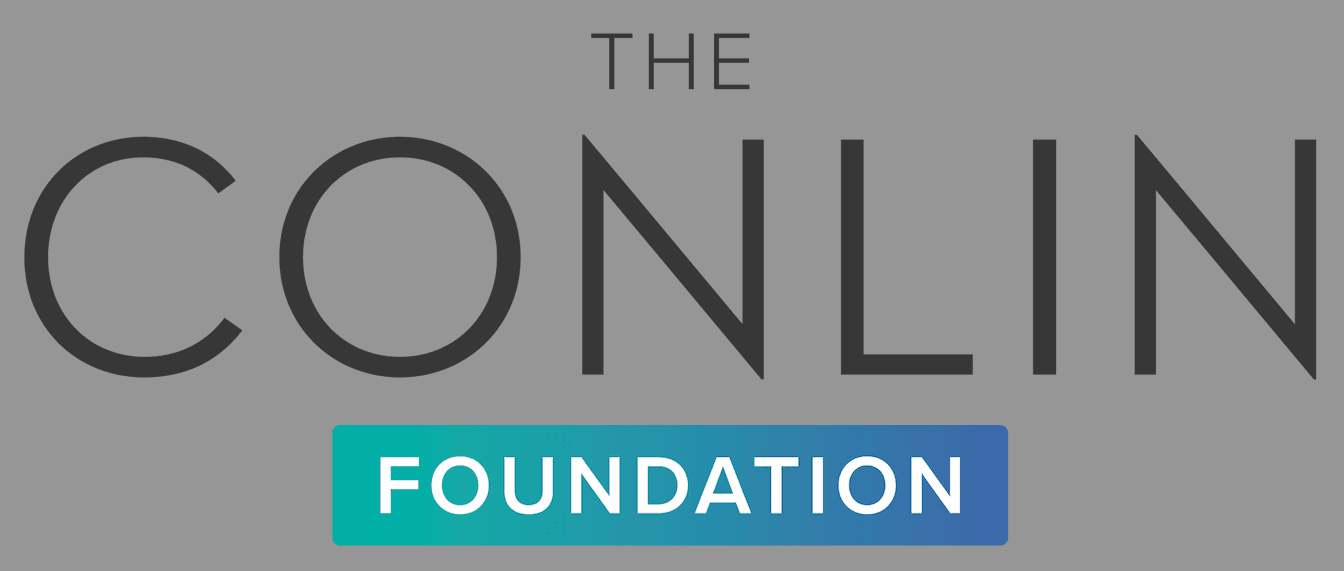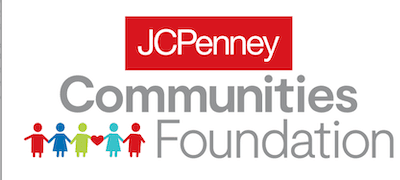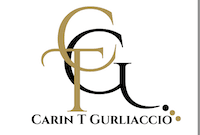October 17-18, 2016 Hyatt Regency Crystal City Arlington VA
Dr. Janet Woodcock, Director, Center for Drug Evaluation and Research (CDER), FDA, stated there is no better time for patient involvement in the rare disease drug development process. Dr. Woodcock spoke about the importance of natural history studies and called for greater collaboration between researchers through consortia. Dr. Woodcock also addressed the recent accelerated approval of a treatment for Duchenne Muscular Dystrophy (DMD), a subject of much media attention.
In his first appearance at a NORD Summit, Dr. Peter Marks, Director, Center for Biologics Evaluation and Research (CBER), FDA, spoke excitedly about how we are on the threshold of the first gene therapy approval. He discussed CBER's goal to accelerate progress and get important therapies for rare and orphan diseases to patients, noting that his reviewers get tremendous satisfaction and help by meeting with patients and advocacy groups to understand what they are up against with their diseases.
National Election Implications-In the Day Two keynote address, Kate Rawson (Prevision Policy) discussed what the election will mean for the rare disease community. In the House, there will be changes in leadership to two major health committees that affect the biopharma sector. During a discussion of regulatory and FDA issues, Rawson and an audience participant, an advocate from Parent Project Muscular Dystrophy, had a thoughtful and heartfelt exchange about the recent drug approval for DMD.
Driving Progress through Policy-Paul Melmeyer and Tim Boyd of NORD's Policy team presented upcoming legislation that will affect the rare disease community. They focused on what remains to be accomplished in 2016, including the important vote for 21st Century Cures during the 3-week lame duck session, and looked ahead to 2017 issues. They discussed a new way for advocates to get involved through the Rare Action Network. The session concluded with a dynamic Q&A with the audience.
Trending Topics from FDA-Over the past six years, the Office of Orphan Products Development has doubled the number of requests it receives. Panelists discussed recent approvals (nearly 30-40 percent of current designations are oncology related) and FDA programs to help bring new treatments to patients (nearly every rare disease application has used flexibility, for instance). Attendees came away with a detailed understanding of ways to work with FDA as a drug sponsor or patient.
Strategies to Address Patient Challenges-Before a packed room, speakers tackled a series of practical issues that patients face. During an emotional session, undiagnosed individuals spoke of the stress and pain of not getting answers. Dr. Richard Peters (Sanofi Genzyme) discussed a screening system for Pompe disease that has helped hundreds of non-Pompe patients receive rare disease diagnoses. Jennifer Knapp (Adrenal Insufficiency United) is working to create a database for patients to access when they arrive at emergency rooms.
Breaking Down Barriers to Access-Jayson Slotnik (Health Policy Strategies, Inc.) explained the complicated system of drug pricing and the many hands that are touched along the path of delivery from manufacturer to patient. Brent Clough (Trio Health) and Pamela Gavin (NORD) presented a new tool to capture real-world data about the drug delivery process. Built to measure the effectiveness of each stakeholder (physician, manufacturer, pharmacy, payor, regulator, patient, etc.), the data can be used to help drive policy change.
Predicting the Pipeline in 2017-Representatives from NIH, FDA and industry spoke about the rising trends in orphan drug designations and the positive outlook for continued high activity. Orphan drugs tend to be innovative (based on data showing what percentage are first-in-class) and there seems to be growing willingness among developers to expand into new conditions. The investments made in understanding the human genome are starting to pan out, panelists said.
